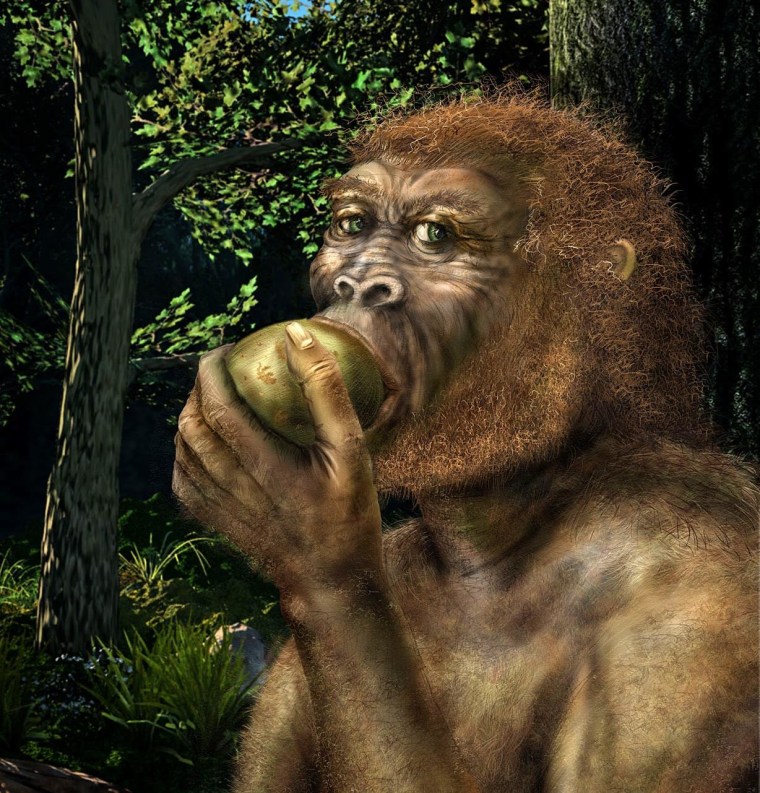Human ancestors may have begun evolving the knack for consuming alcohol about 10 million years ago, long before modern humans began brewing booze, researchers say.
The ability to break down alcohol probably helped human ancestors make the most out of rotting, fermented fruit that fell onto the forest floor, the researchers said. Therefore, knowing when this ability developed could help researchers figure out when these human ancestors began moving to life on the ground, as opposed to mostly in trees.
"A lot of aspects about the modern human condition — everything from back pain to ingesting too much salt, sugar and fat — goes back to our evolutionary history," said lead study author Matthew Carrigan, a paleogeneticist at Santa Fe College in Gainesville, Florida. "We wanted to understand more about the modern human condition with regards to ethanol [alcohol]."

Drunk History: Cultural Role of Alcohol Revealed
To learn more about how human ancestors evolved the ability to break down alcohol, scientists focused on the genes that code for a group of digestive enzymes called the ADH4 family. ADH4 enzymes are found in the stomach, throat and tongue of primates, and are the first alcohol-metabolizing enzymes to encounter ethanol after it is imbibed.
The researchers looked at the ADH4 genes from 28 different mammals, to investigate how closely related they were and find out when their ancestors diverged. In total, they explored nearly 70 million years of primate evolution. The scientists then used this knowledge to investigate how the ADH4 genes evolved over time and what the ADH4 genes of their ancestors might have been like.
The results suggested there was a single genetic mutation 10 million years ago that endowed human ancestors with an enhanced ability to break down ethanol.
The scientists noted that the timing of this mutation coincided with a shift to a terrestrial lifestyle. The ability to consume ethanol may have helped human ancestors dine on rotting fruit that fell on the forest floor when other food was scarce. "I suspect ethanol was a second-choice item," Carrigan said.
The scientists detailed their findings online Monday in the Proceedings of the National Academy of Sciences.
— Charles Q. Choi, LiveScience
This is a condensed version of a report from LiveScience. Read the full report. Follow LiveScience on Twitter, Facebook andGoogle+.